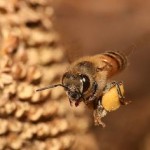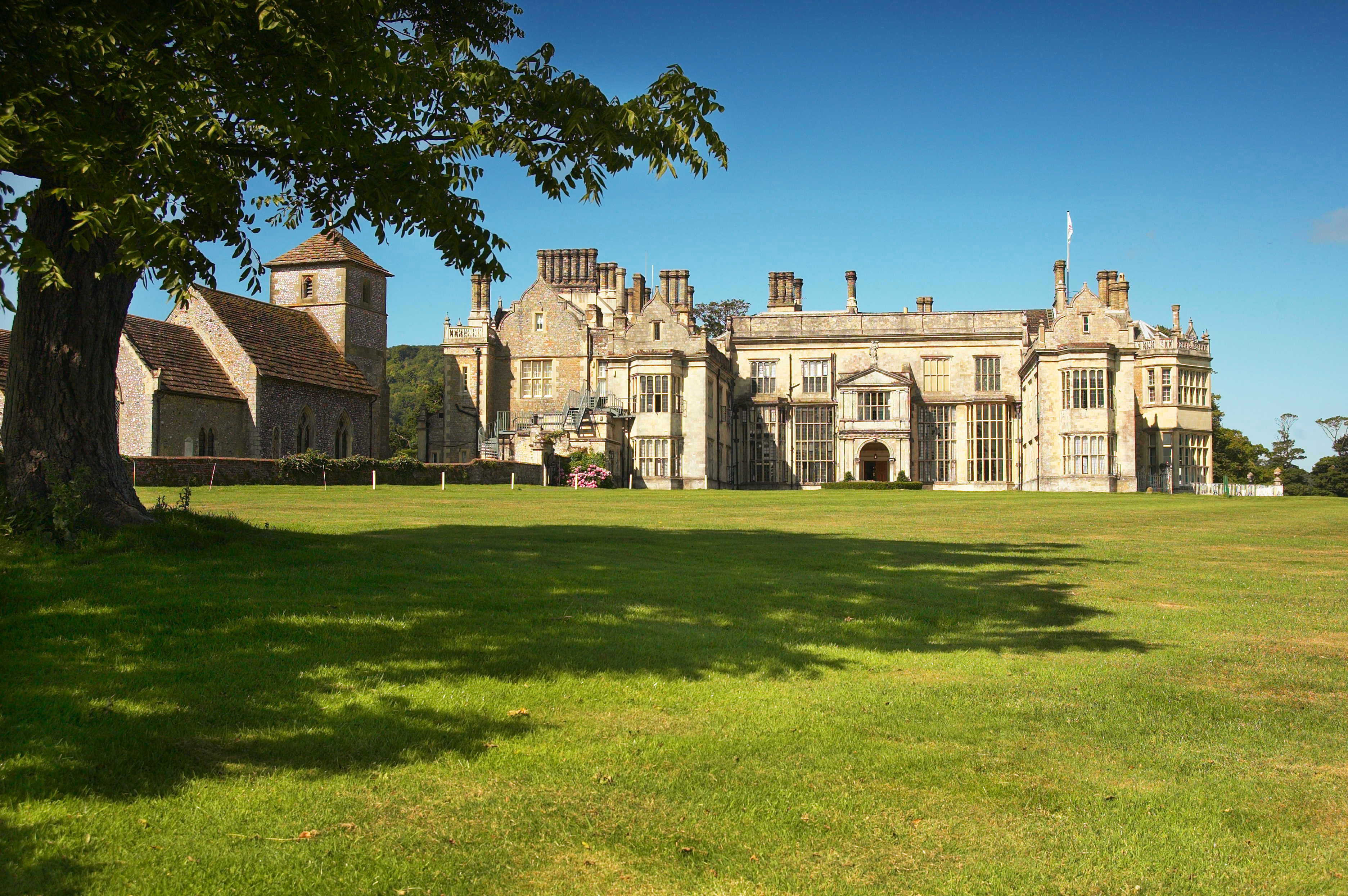Current Status and Future Directions of Lévy Walk Research
Organisers: Andy Reynolds and Stefano Focardi
Date: 10 - 13 September 2017
Location: Wiston House, UK
A wide variety of organisms, from cells to humans, have movement patterns resembling Lévy walks. As a result, there is intense interest in Lévy walks as a potentially fundamental, ubiquitous form of movement but difficult open questions remain that would benefit from uniting research spanning a variety of disciplines. The Workshop will bring together leading experts to tackle these questions at the frontiers of Lévy walk research. Topics to be discussed include the status of the evidence for Lévy walks, when and why organisms perform Lévy walks, the underlying generative mechanisms and the ecological consequences of Lévy walks.



Organisers & speakers
Gil Ariel Bar Ilan University, Israel
Frederic Bartumeus CEAB-CSIC, Spain
Simon Benhamou CEFE/CNRS, France
Denis Boyer National Autonomous University of Mexico, Mexico
Judy Cannon University of New Mexico School of Medicine, Mexico
Marcos da Luz Federal University of Paraná, Brazil
Monique de Jager Utrecht University & Wageningen University, The Netherlands
Yukio-Pegio Gunji Waseda University, Japan
Tajie Harris University of Virginia, USA
Vincent Jansen Royal Holloway University of London, UK
Rainer Klages Queen Mary University of London, UK
Octavio Miramontes National Autonomous University of Mexico, Mexico
Sergei Petrovskii University of Leicester, UK
David Sims Marine Biological Association Lab & University of Southampton, UK
Johan van de Koppel Netherlands Institute for Sea Research (NIOZ), The Netherlands
Gandhi Viswanathan Federal University of Rio Grande do Norte, Brazil
Nick Watkins LSE/University of Warwick, UK
Early career scientists
We offer around 10 funded places for early career scientists to attend our Workshops along with the 20 speakers. We just ask that you pay for your own travel costs. If you would like to attend please complete the application form and attach a one page CV and a letter of support from your supervisor.
All attendees are expected to actively contribute to the Workshops by asking questions at presentation sessions and taking part in discussions.
At some Workshops, early career scientists are given additional responsibilities to promote their involvement, such as:
- Write a daily blog for the Node
- Summarise the previous day’s themes to set the scene for the next day’s sessions
- Present a poster on their research interests
- Propose future directions and collaborations
- Give a short talk on their research
- Make a short 2 minute video on their experience at the
Workshop
Most of these activities would be carried out in pairs or small
groups and often with the support of more senior scientists
present.
About Wiston House

The Workshops will be held at the beautiful Wiston House, which is a 16th century Grade I listed building located at the foot of the South Downs in West Sussex. The house is surrounded by over 6,000 acres of parkland with magnificent views from the mile-long drive.
Wiston House is the home of Wilton Park, one of the world’s leading centres for the discussion of key international policy issues. Wilton Park was created in 1946 to help re-establish peace and democracy in Europe as part of an initiative inspired by Winston Churchill. Wiston House has an amazing history and appears in the Domesday Book, the register of English possessions made by William the Conqueror in 1086, 20 years after he won the Battle of Hastings.
Wiston House is 32 miles from Gatwick Airport and 60 miles from Heathrow Airport. The nearest train station is Shoreham-by-Sea, which is a 20 minute taxi ride from Wiston House and takes 1 hour 10 minutes from London Victoria.
Wiston House
Steyning Road
Steyning
West Sussex
BN44 3DZ
Tel: +44 (0) 1903 815020
www.wistonhouse.co.uk
& University of Southamptonheir








You must be logged in to post a comment.